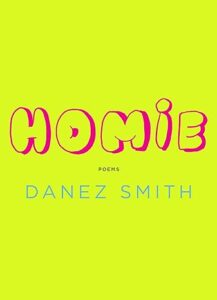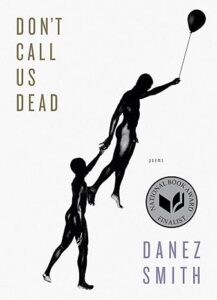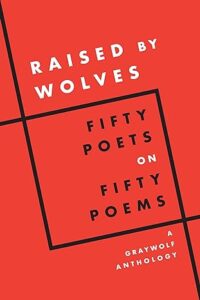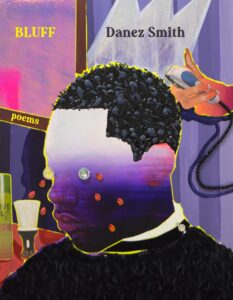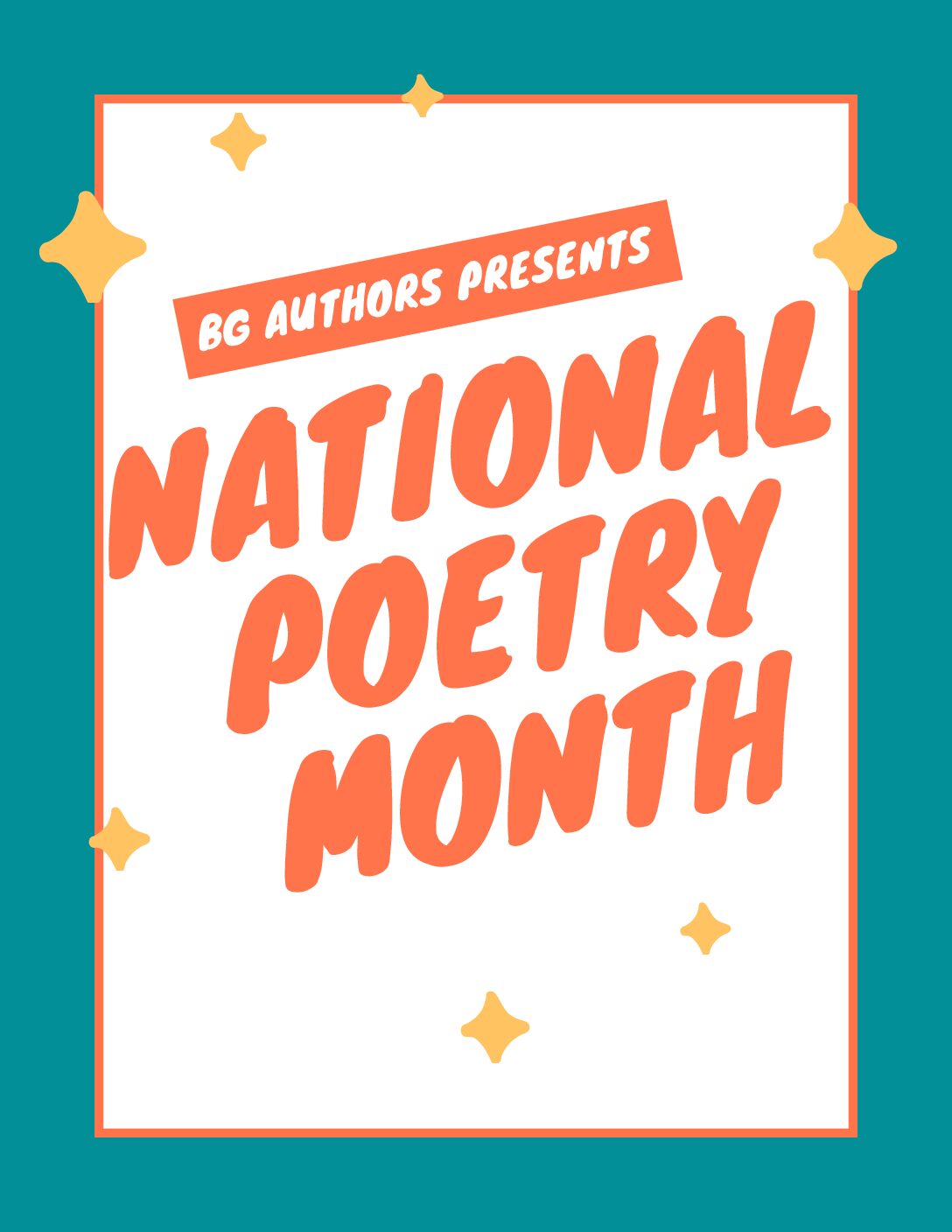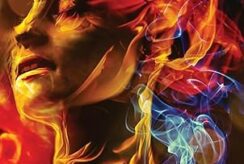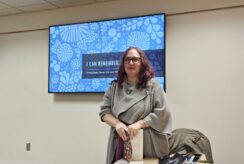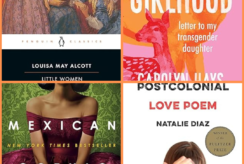Richard Saker/Contour by Getty Images
As we end Black History Month, here is one of my favorite poets, Danez Smith, who writes on intersectionality between their Black and Queer identities.
At the Association of Writers and Writing Programs (AWP) conference in Kansas City, MO, I had the opportunity to personally meet Smith, and they are incredibly friendly and inventive. If you love themes of social commentary and community accompanied with forms of experimentation and lyrical aspects – then these collections are just for you.
Homie (2020)
Upon their presentation at AWP, Smith read aloud their poem, “i’m going back to Minnesote where sadness makes sense” (P. 14). The beginning includes, “o California, don’t you know the sun is only a god / if you learn to starve for her? i’m over the ocean // i stood at its lips, dressed down, praying for snow” of which I am still deciphering. I find myself drawn to the imagery and sounds. The emotions evoke that we are devout to our sadness because it is what we are comfortable within.
Smith draws on their struggle with mental illness(es), such as depression and anxiety, and their communities’ struggles, too. I fell in love with the abundance of nature imagery, from bees and honey to apricots and graveyards. Also, the form becomes experimental, complimented with explicit language which makes sense for the authentic emotions surrounding injustices.
Don’t Call Us Dead (2017)
Likewise to Homie, Smith swears quite a bit through their poetry, but for good reason. This collection incorporates more of the HIV-positive experience, brotherhood from the AIDS epidemic, and responses to injustices that Black and Queer folk alike suffer from. There is a lot more experimentation done in here, and I feel that they take more risks in their writing.
For example, Smith’s poem, “litany with blood all over” (P. 49-52) repeats and crosses diction over with each other. In a new visual space, Smith writes, “his blood / my blood” and repeats for a page and a half. I nearly cried here. The visualization represents panic from the AIDS epidemic. Sickness spreads over community without any reversal possible nor treatment (at the time). These lines could also highlight that everyone is the same down to our blood, our most basic and simple human function. Hence, minority groups should have no reason to be treated any differently, yet they do, systemically, suffer far greater.
Raised by Wolves – Graywolf Anthology (2024)
Smith is published under Graywolf Press, who released an anthology of “Fifty Poets on Fifty Poems” earlier this year. Smith’s poem, “Gay Cancer” from Homie, appears on page 103 of this anthology, and Carl Phillips chose to analyze this piece. Phillips says that Smith’s piece asks of us, “[H]ow are the dead truly dead?” when their teachings and love carry through with us into our own lives. Likewise, Smith analyzes Donika Kelly’s poem, “the moon rose over the bay. I had a lot of feelings.” on page 50 of the anthology. Smith thanks Kelly, “[F]or reminding me, that at the end of my seasons waits my hammer” which shows us how Smith interpreted her piece for themself. This anthology allows us to see what today’s poets are writing about and how their community of fellow writers are responding.
Sometimes, I become overwhelmed by today’s abundance of writers and published collections. Therefore, this anthology helps direct my attention to more voices and opens diversity within the writing/reading community.
Coming fall of 2024, Smith expects to release another poetry collection titled, Bluff
